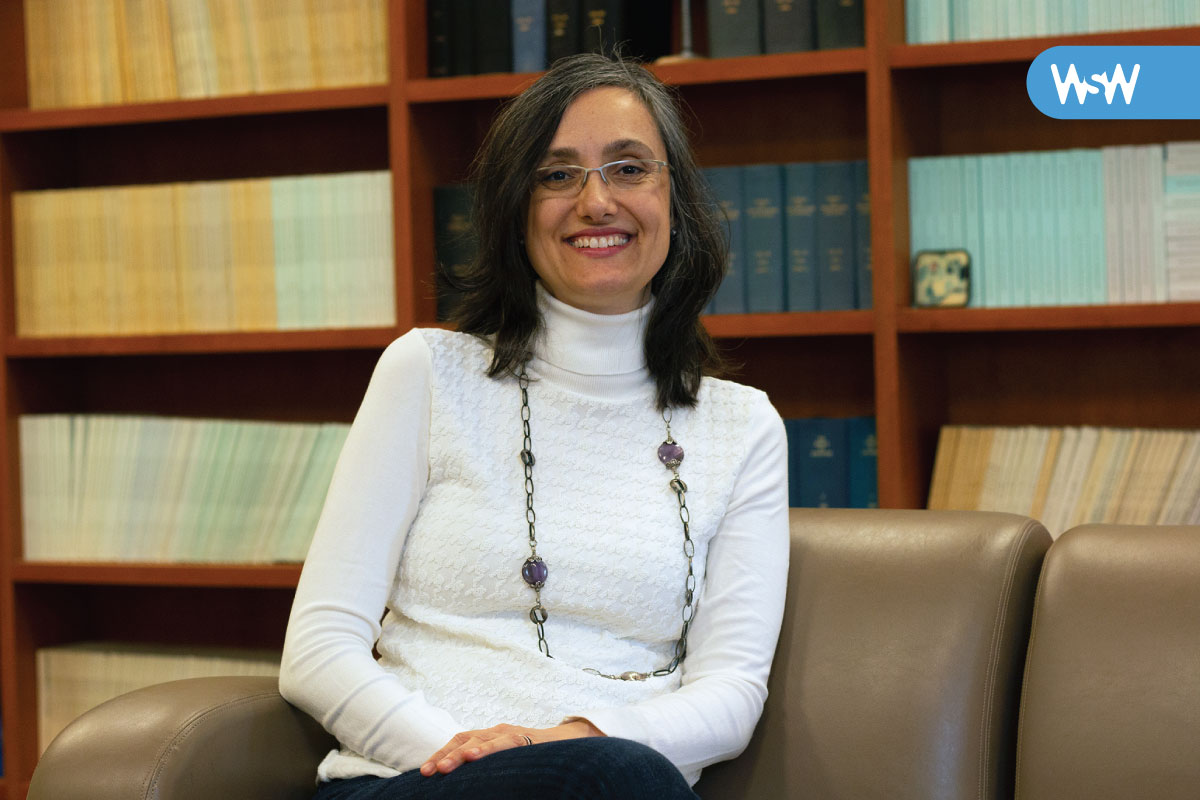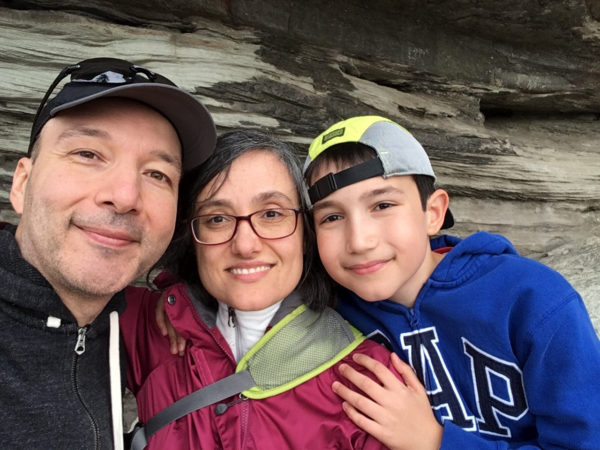When you were a child, what was your response to this question: “What do you want to be when you grow up?”
I always wanted to be a teacher or professor. My father was a professor, and I loved watching him grade exam papers and meet with his graduate students. My favorite game as a child was playing pretend teacher. But if professor wasn’t an option, my back-up plan was to be a pop star! I loved to sing — mostly Beatles songs — and I still do.
RESEARCH IN 5 WORDS:
“Improving health care with math.”
Share the pivotal moment in your life that helped you choose your field of study.
When I was in high school, my favorite subject — besides music — was mathematics. When I told this to my older cousin who was studying computer science at the time, she told me she heard of this cool subject called operations research that uses mathematics to make better decisions, and that I could study that in an industrial engineering department. (UNC is somewhat unique in that operations research is in the same department as statistics.) The idea was intriguing to me because she told me that, unlike other engineering disciplines, industrial engineering had a human element.
Tell us about a time you encountered a tricky problem. How did you handle it and what did you learn from it?
Early in my career as an assistant professor, I was working on a complex problem where the objective was to determine a priority order between two groups of patients to be transported by ambulances from the site of an accident. I formulated the problem using a mathematical decision model and the best solution turned out to be a complex one. If I were to propose this solution to a practitioner, I knew my solution would not be received well as it is not an easy solution to implement. I spent days thinking over how I could come up with a simpler solution that would work near optimally.
One day, as I was staring at the plots I obtained for the best solution, I thought about a naïve approach that is pretty much equivalent to connecting two dots on the plot. I simulated this simple approach, which only depends on the total number of the patients involved in the accident, thinking it would perform terribly. It turns out that the results were close to optimal! Obviously, I was lucky in this particular situation, but it also taught me an important lesson: When you face a problem, just start from somewhere. Don’t think about the fact that the problem is too complicated or worry about not using some sophisticated method to come up with a solution. Just start — you can always improve upon it or learn what you need to fix even if your first solution is horrible.
What are your passions outside of research?
Spending quality time with family and friends, cooking, and knitting. I love to cook traditional Turkish food and experiment mixing cuisines from different cultures. Cooking is especially enjoyable for me when I share my food with family and friends over a nice conversation. Also, after a long day at work, there is nothing I enjoy more than getting on the couch and working on my latest knitting project. My grandmother taught me how to knit when I was only 10 years old, and I have been knitting ever since to relax.



